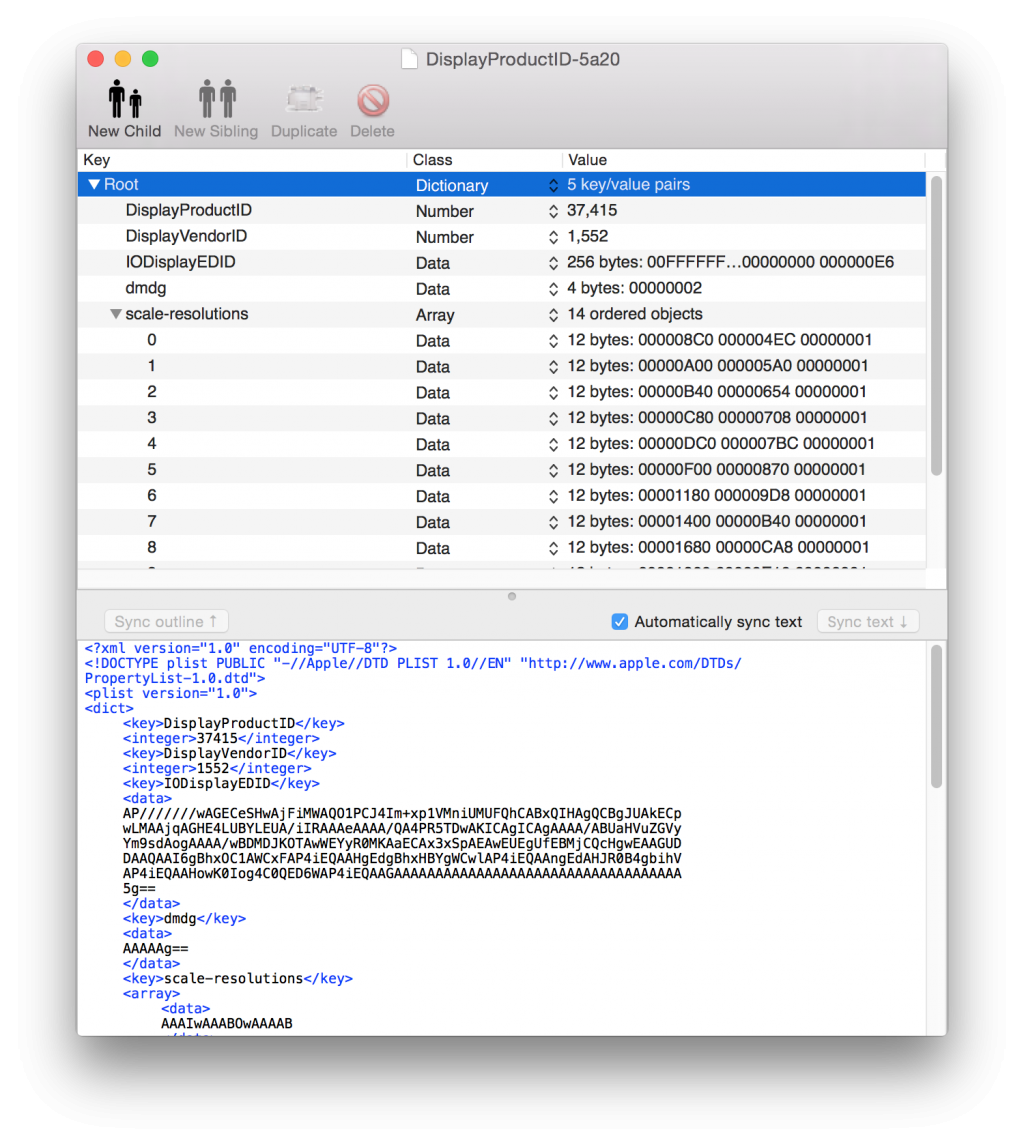

Take complete control over your display resolution.

Correctly rescans the monitors after the Mac wakes from sleep.Corrects an issue when showing currently active Display Sets.It's not free, so if you're looking for a free alternative, you could try EasyRes or X. Mac OS X natively reads EDID information and programs such as SwitchResX or Displa圜onfigX can display the information as well as use it to define custom. There are seven alternatives to SwitchResX for Mac, Windows, Linux and Xfce. Corrects the way rotated monitors are showing a native resolution SwitchResX is described as 'tool designed to manage resolutions of all your monitors and HDTVs' and is an app in the os & utilities category.we can move to the Apple icon at the top left corner of the screen and. Corrects a lot of graphical issues when showing the resolutions menus Restore Factory Default Display Resolution After Deleting SwitchResX from Mac OS.Correctly reports the monitor name identically to macOS.I advise you to disable SIP a last time so that SwitchResX resets your settings to its new format.ĭisabling SIP is still required to get the Contextual Menu running in the Finder (which is an optional feature). If you are on macOS 10.15.2 and above, created custom resolutions, and enabled SIP again after creating the custom resolution, Can now create custom resolutions without needing to disable SIP (on macOS 10.15.2 and above).With 3840x2160 as the base resolution, you should be able to get scaled resolutions up to 120Hz but I don't see any in your SwitchResX screenshots. If that's true, why would there be a 3840x2160 HiDPI mode? You wouldn't be able to see a difference except in screenshots. What is the "Scaled resolutions base" set to? I assume 3840x2160. Thunderbolt 2 Converter 4K DP Cable for Apple MacBook Air Pro surface. Does Display Preferences show different refresh rates than SwitchResX for scaled HiDPI resolutions? Quality switchresx macbook pro 13 with free worldwide shipping on AliExpress. It looks like you have a 4320p mode scaling to 2160p at 60Hz so scaling 2880p to 2160p at 120Hz should work. The display scaler has no problem scaling 144Hz 1440p to 2160p. I would find the code with the limit and patch it to see what happens. So why are all the scaled modes set to 60Hz or lower? Are GPU scalers unable to work at higher than 60Hz? Maybe this is a limit imposed by Apple.

You have 120Hz up to 2160p and 144Hz up to 1440p. Seems to be missing some refresh rates for higher resolutions. Maybe there's bugs in CoreDisplay framework. I wonder if there's a limit to the number of resolutions? Did you scroll the entire list in Displays preferences to find another 2560x1440 mode? Maybe there's a problem with the sorting. Displays preferences shows some low resolution modes but SwitchResX is only showing HiDPI modes. SwitchResX seems to be missing some resolutions. Is there a difference between the two 60Hz options?

SwitchResX shows all the 2560x1440 HiDPI resolutions (60Hz, 30Hz, 24Hz, 25Hz, 50Hz, 60Hz). The Current Resolutions list in SwitchResX might be easier to read if you sorted by Resolution instead of HiDPI. Building a CustoMac Hackintosh: Buyer's Guide


 0 kommentar(er)
0 kommentar(er)
